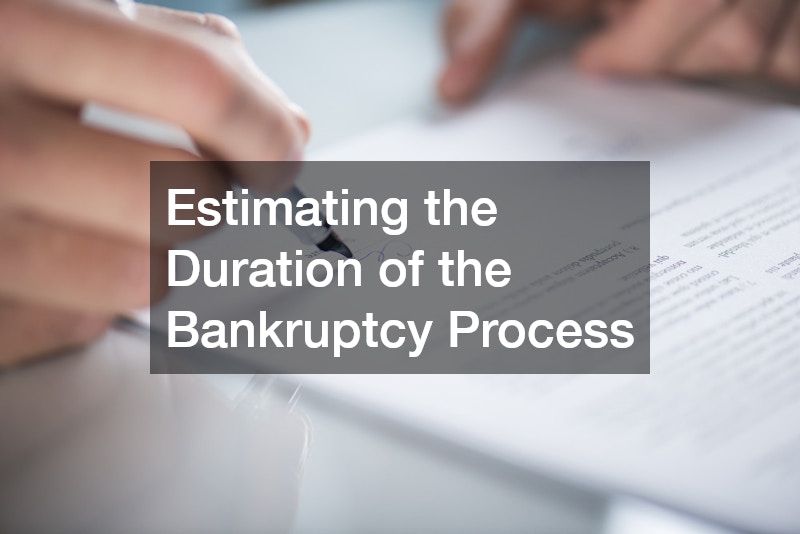Filing for bankruptcy is a significant financial decision that requires careful consideration and proper guidance. Consulting with a bankruptcy attorney is crucial to ensuring that you understand the legal process and choose the best path forward for your financial situation. In this article, we will discuss the essential questions you should ask your bankruptcy attorney to navigate this complex process effectively.
Types of Bankruptcy
Understanding Chapter 7 vs. Chapter 13
When considering bankruptcy, understanding the differences between Chapter 7 and Chapter 13 is fundamental. Chapter 7, known as liquidation bankruptcy, allows you to discharge most of your unsecured debts, but you may have to surrender some assets.
In contrast, Chapter 13 involves a repayment plan where you can keep your assets but must pay a portion of your debts over three to five years.
Eligibility for each chapter depends on various factors, including your income, assets, and previous bankruptcy filings. For instance, Chapter 7 is generally suitable for individuals with limited income and significant unsecured debts. Conversely, Chapter 13 may be preferable for those with a steady income who are behind on secured debt payments, such as a mortgage, and want to protect their property.
Assessing the Long-term Impact of Each Option
Deciding between Chapter 7 and Chapter 13 requires a thorough assessment of the long-term financial impacts. For example, a Chapter 7 bankruptcy will appear on your credit report for up to ten years, potentially affecting your ability to secure future loans. On the other hand, a Chapter 13 bankruptcy might only remain on your credit history for seven years.
Beyond credit implications, consider how each option aligns with your financial objectives and obligations. Chapter 7 may offer immediate debt relief and a fresh start, but it could also result in the liquidation of valuable assets. Chapter 13 may provide more time to pay down debts, but it requires consistent income and financial discipline to adhere to the repayment schedule.
How Will Bankruptcy Affect My Assets and Liabilities
Protecting Your Home and Other Essential Assets
When filing for bankruptcy, protecting your home and crucial assets, like your car, becomes a priority. In some cases, bankruptcy exemptions can help safeguard these assets from liquidation. A knowledgeable bankruptcy attorney can clarify which exemptions apply to your situation, allowing you to retain essential property.
For homeowners, understanding the homestead exemption is vital, as it determines how much equity in your home can be protected. In Chapter 13, you may be able to stop foreclosure and repay overdue mortgage payments through the repayment plan. Chapter 7, however, might require selling non-exempt property to pay creditors, making the bankruptcy type choice significant for homeowners.
Managing Secured and Unsecured Debts
Understanding how bankruptcy affects secured versus unsecured debts is crucial for financial recovery. Secured debts are tied to specific assets, such as a mortgage or car loan, while unsecured debts include credit card balances and medical bills. Bankruptcy handles these types of debts differently; knowing this distinction can help you plan your strategy.
In Chapter 7, secured debts may be discharged, but if assets cannot be exempted, they might be repossessed by creditors. Unsecured debts generally receive a discharge, providing significant relief to debtors. Chapter 13, however, allows for a structured repayment of secured debts, potentially preserving ownership of vital assets.
Costs and Timeline for Filing Bankruptcy
Understanding Attorney Fees and Filing Costs
The financial aspect of filing for bankruptcy involves understanding both attorney fees and court-associated costs. Attorney fees can vary based on the complexity of your case, the chapter you file under, and the attorney’s experience level. Typically, Chapter 13 cases may incur higher legal fees due to their intricate nature and longer timeline.
Besides legal fees, filing for bankruptcy also includes court costs and required credit counseling fees. Understanding these expenses in advance helps prevent surprises and allows you to budget accordingly. Your bankruptcy attorney can offer a detailed breakdown of expected costs, ensuring complete transparency and informed decision-making.
While these costs might seem daunting, consider them an investment toward your financial freedom. Proper legal counsel can provide the guidance needed to navigate the bankruptcy successfully and mitigate potential pitfalls. Discuss payment options or fee structures with your attorney to facilitate this process within your financial means.
Estimating the Duration of the Bankruptcy Process
The timeline for completing a bankruptcy case varies significantly between Chapter 7 and Chapter 13 filings. Chapter 7 is generally quicker, often concluding within three to six months from the initial filing date. In contrast, Chapter 13 involves a repayment plan extending three to five years, prolonging the duration before discharge.
Several factors can influence the overall timeline, including the complexity of your financial situation, the caseload of the court, and any objections from creditors. Understanding these variables helps manage expectations and prepare for the necessary commitment. Your attorney’s expertise is invaluable in predicting a realistic timeline for your specific case.
Making informed decisions when contemplating bankruptcy can lead to a more favorable financial future. By asking the right questions and thoroughly understanding your options, you empower yourself to take control of your financial destiny. Whether you are considering Chapter 7 or Chapter 13, consulting with a knowledgeable bankruptcy attorney will provide the guidance needed to navigate this challenging process confidently.

